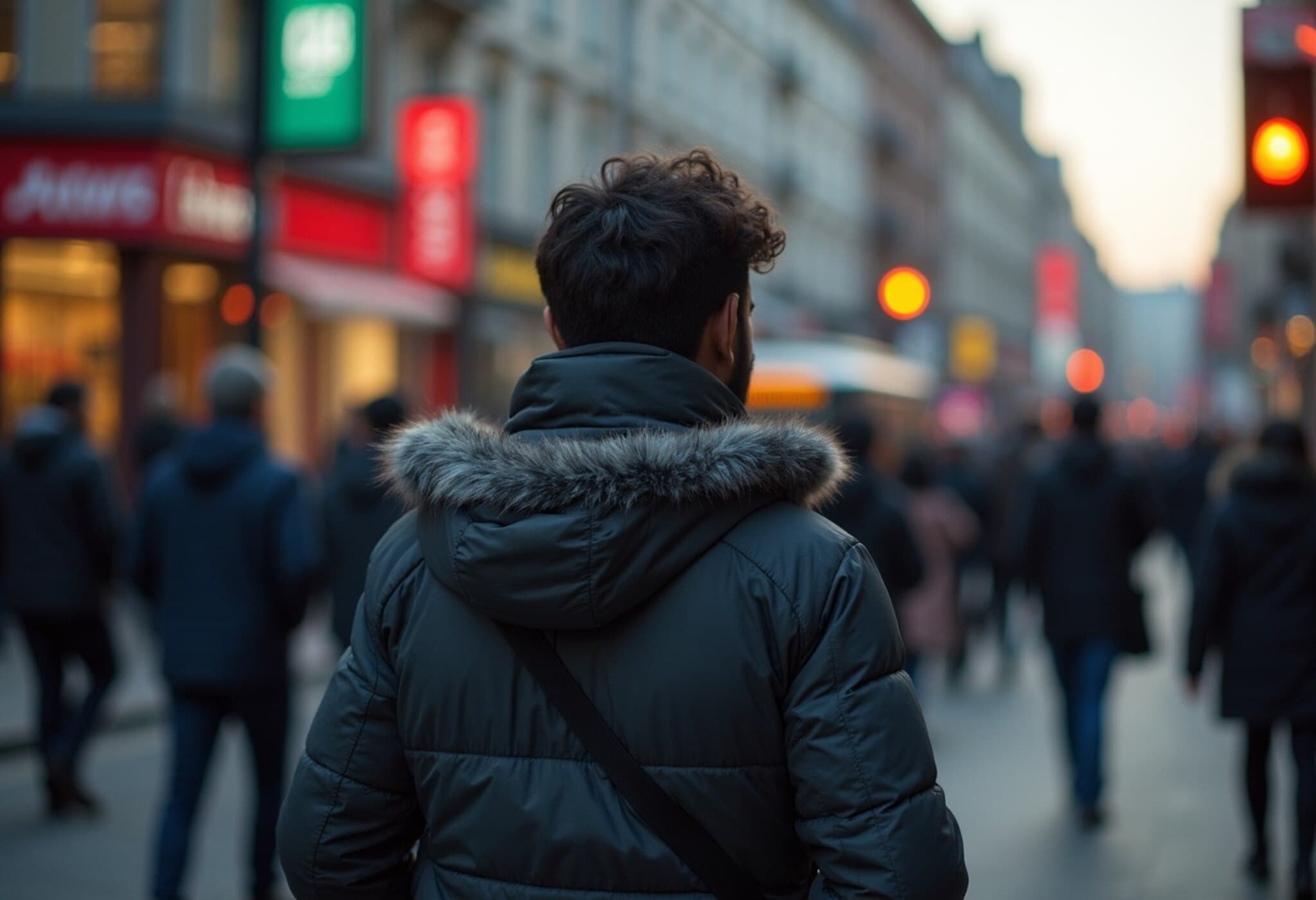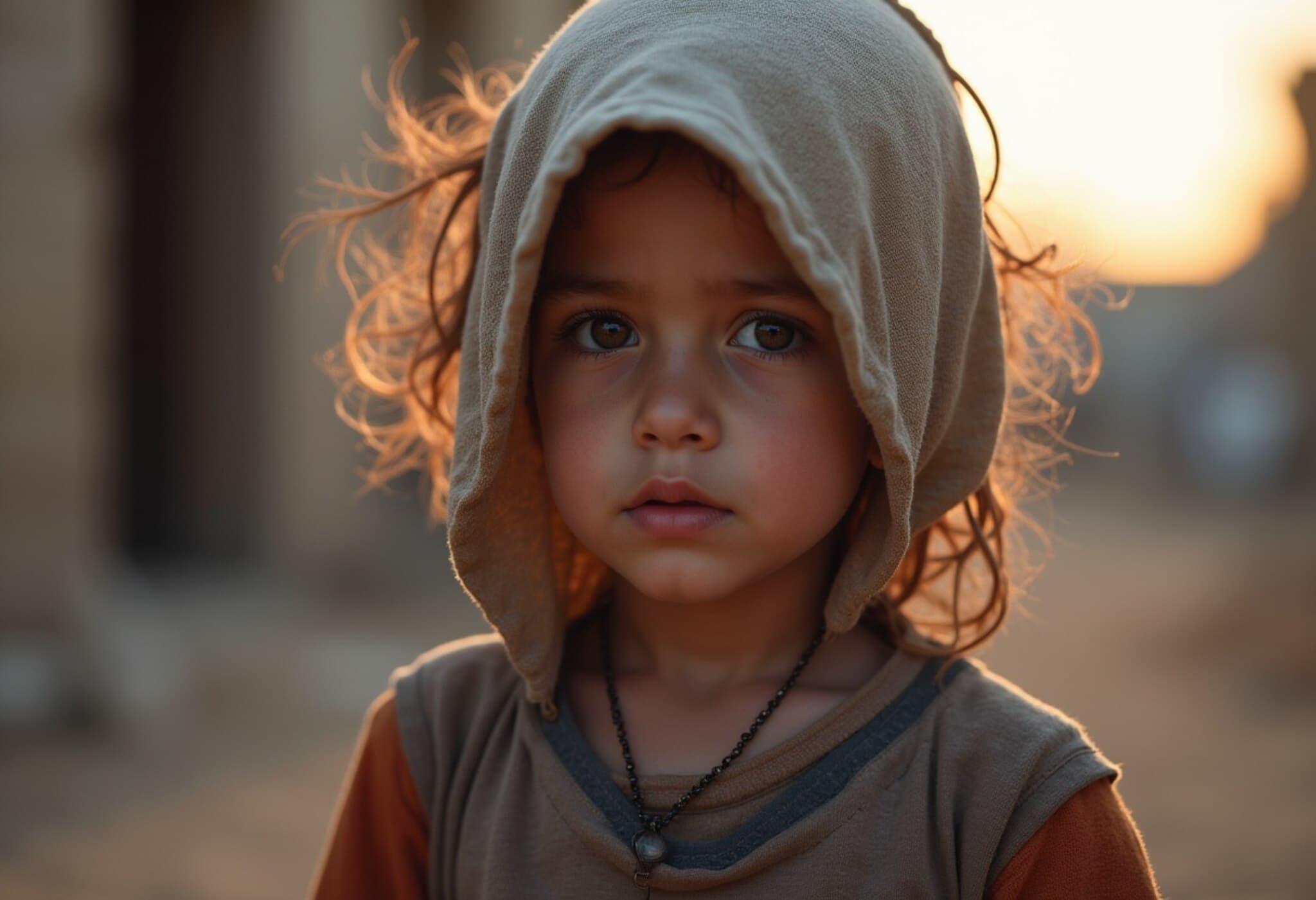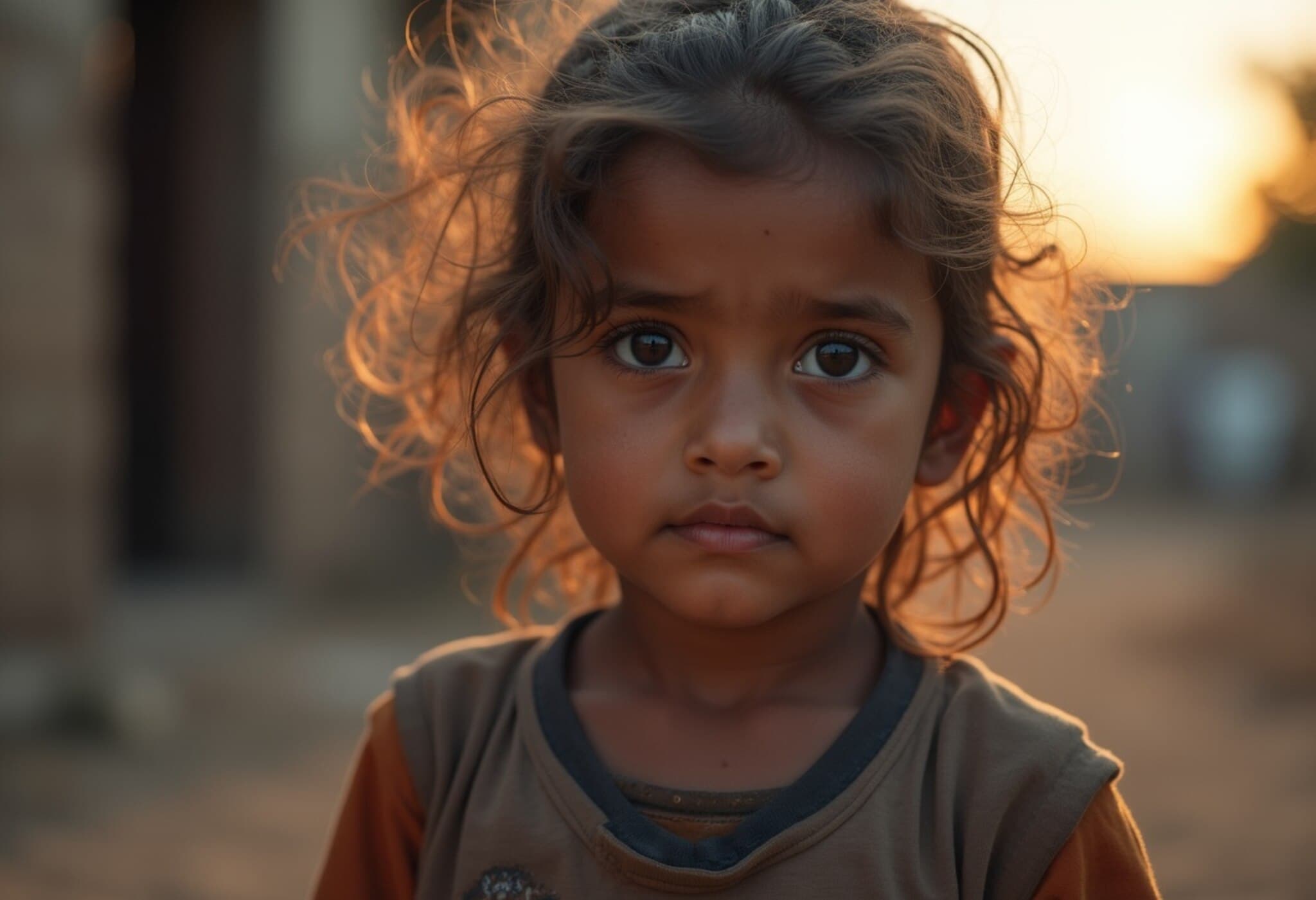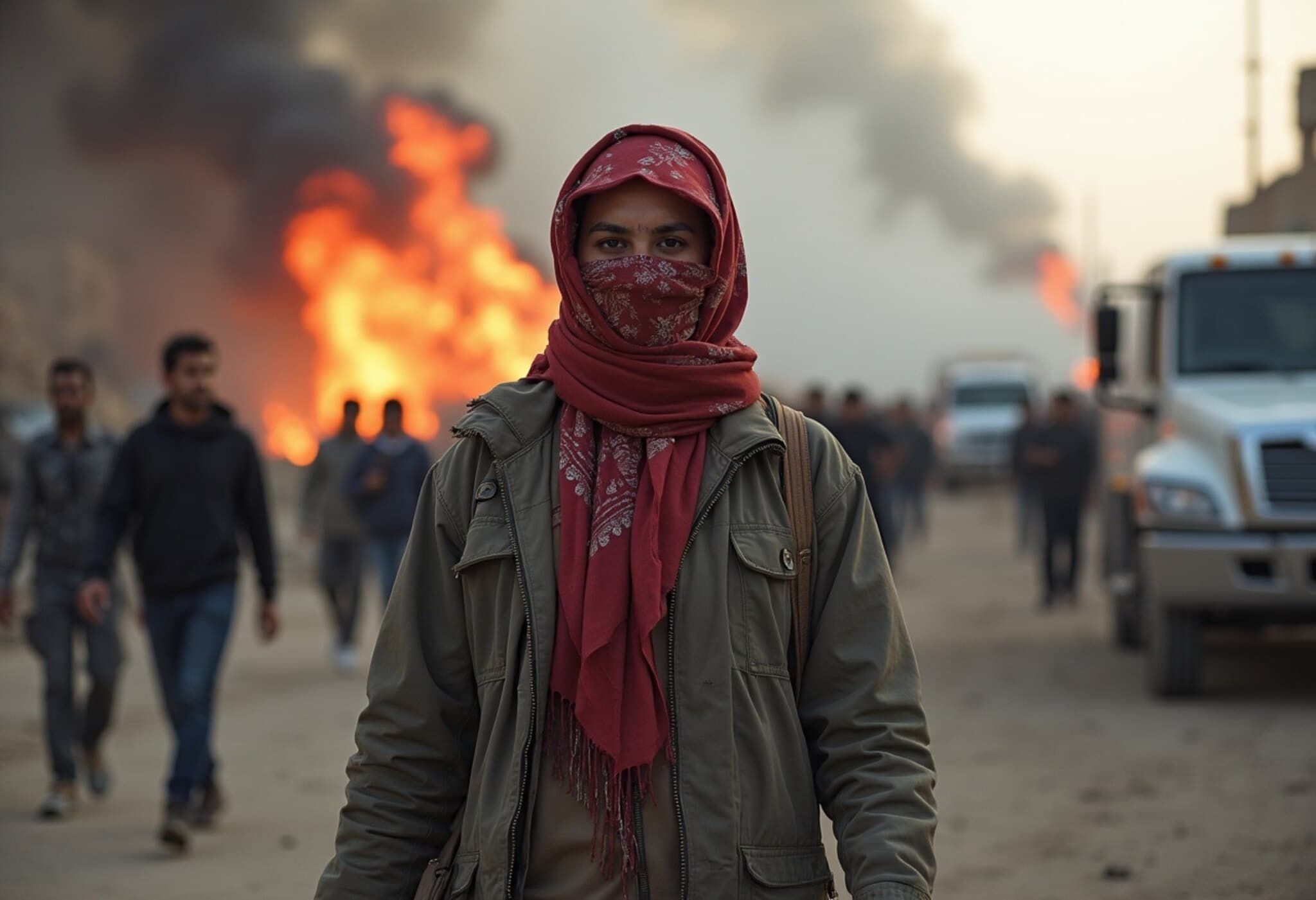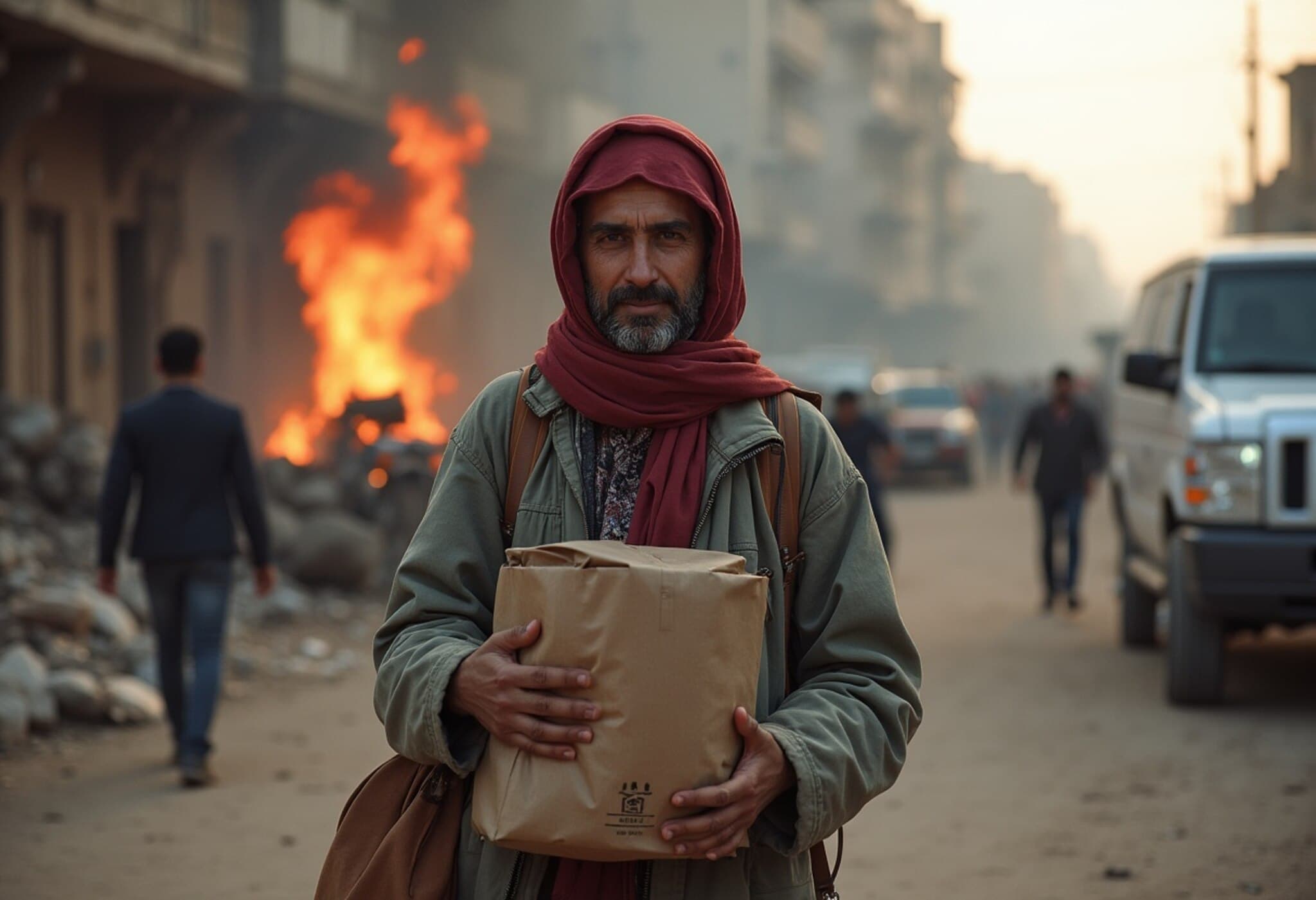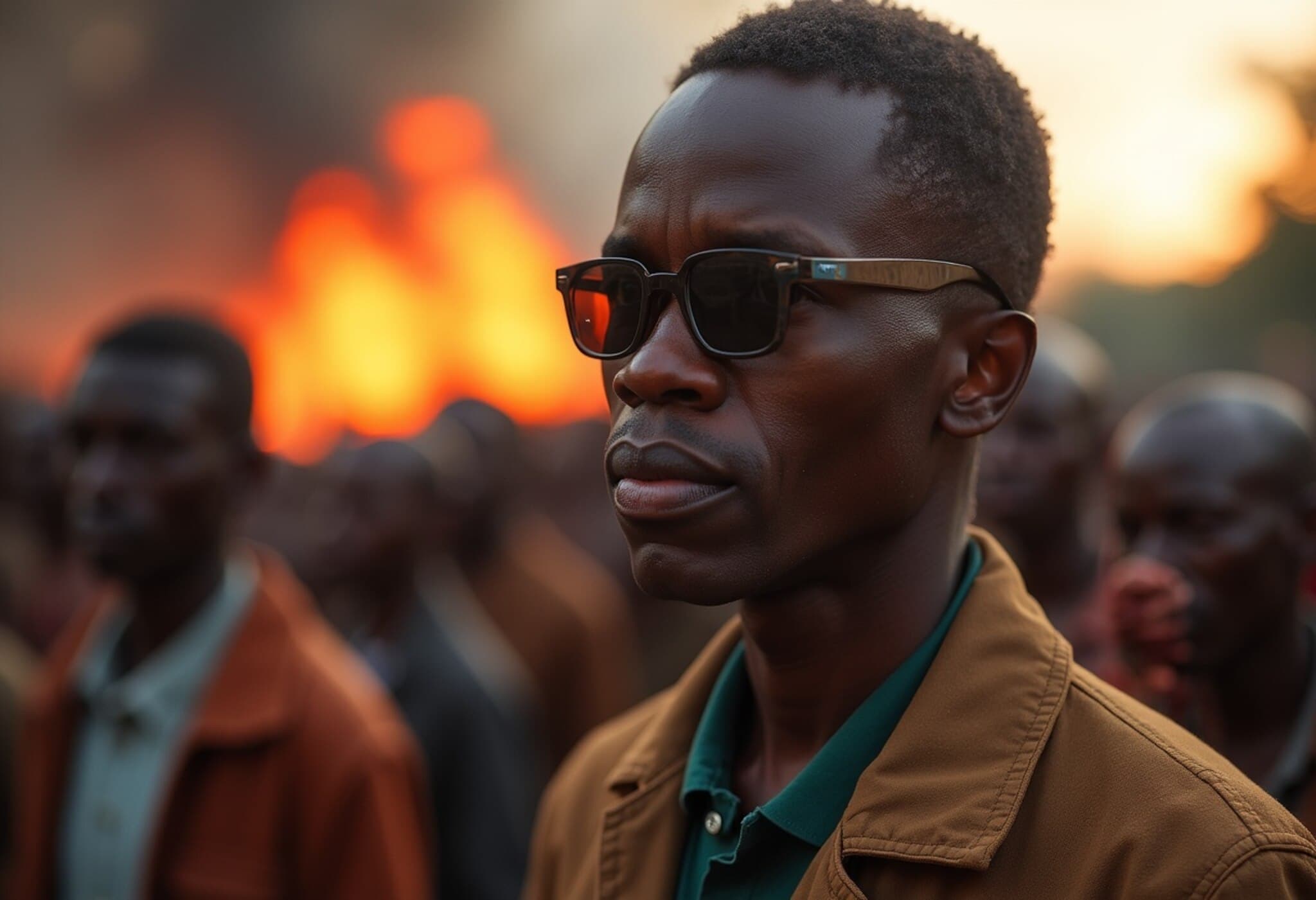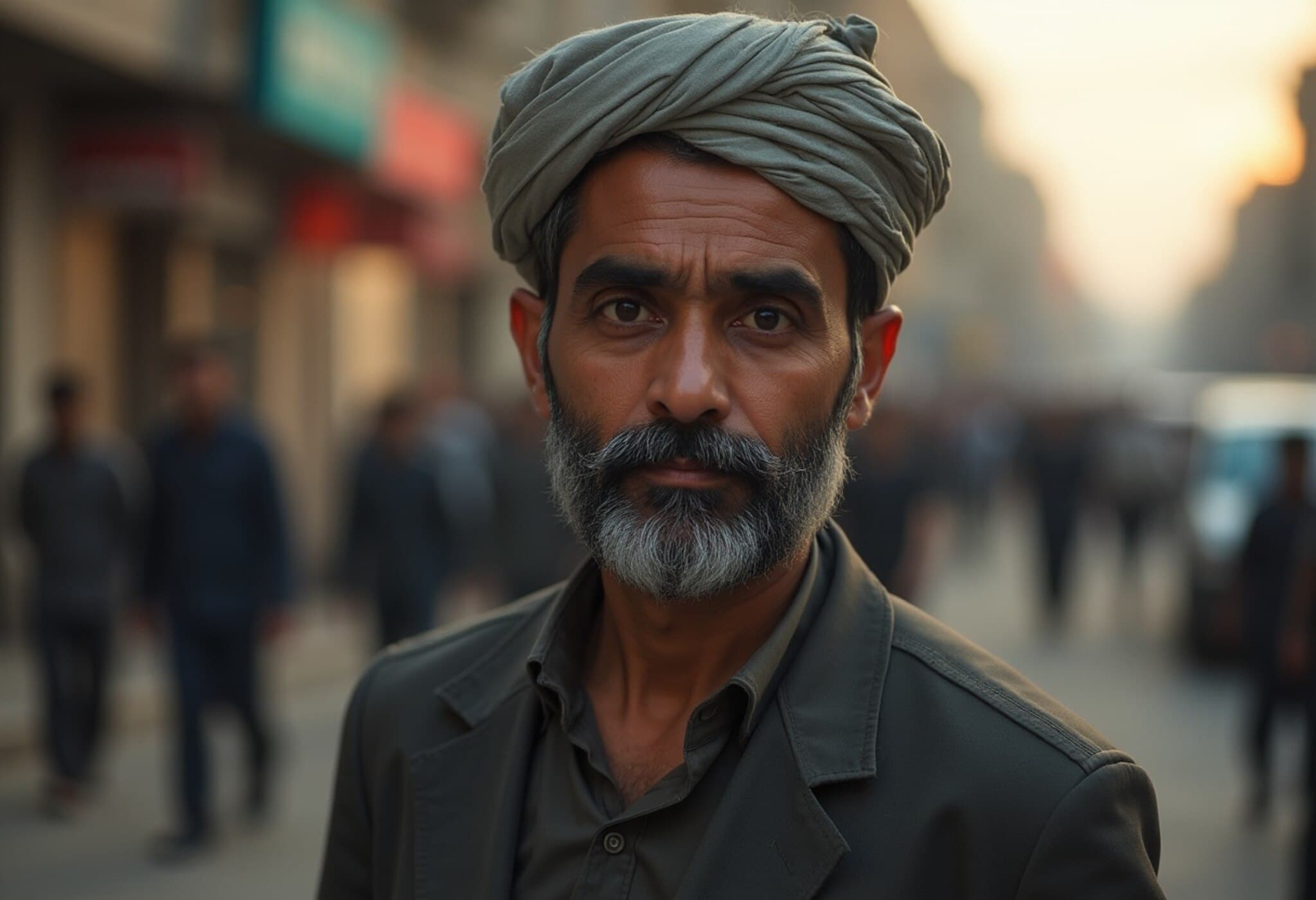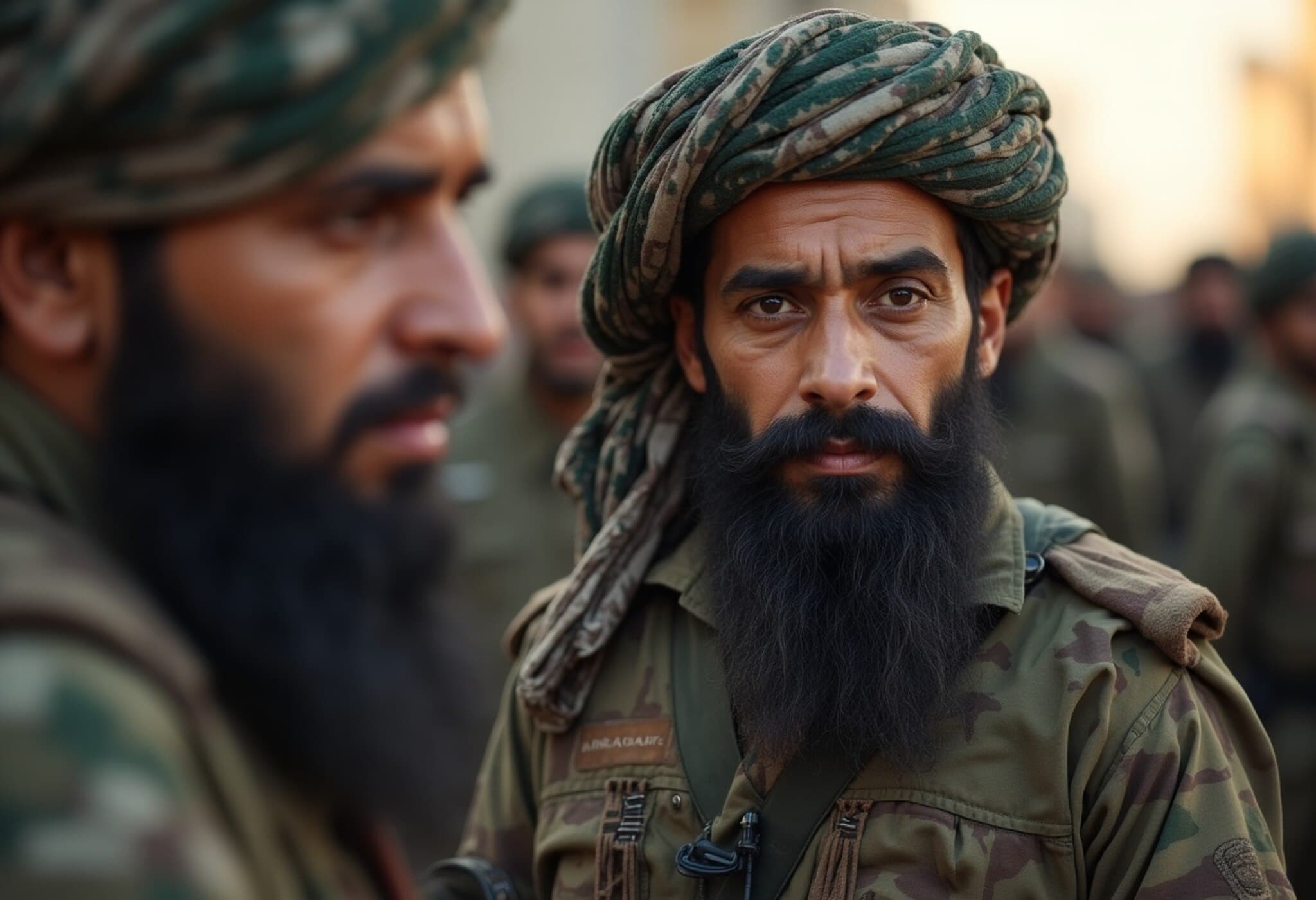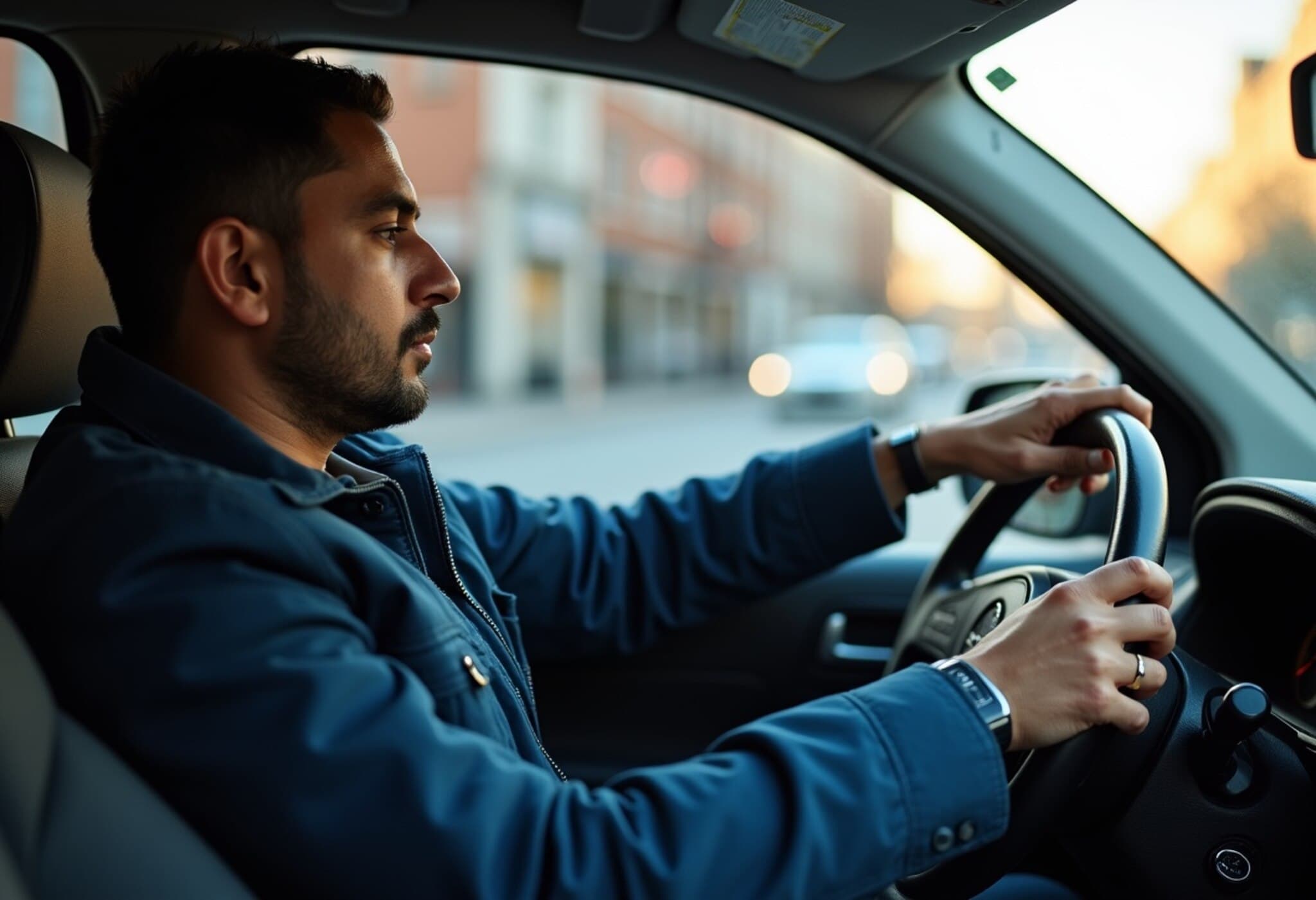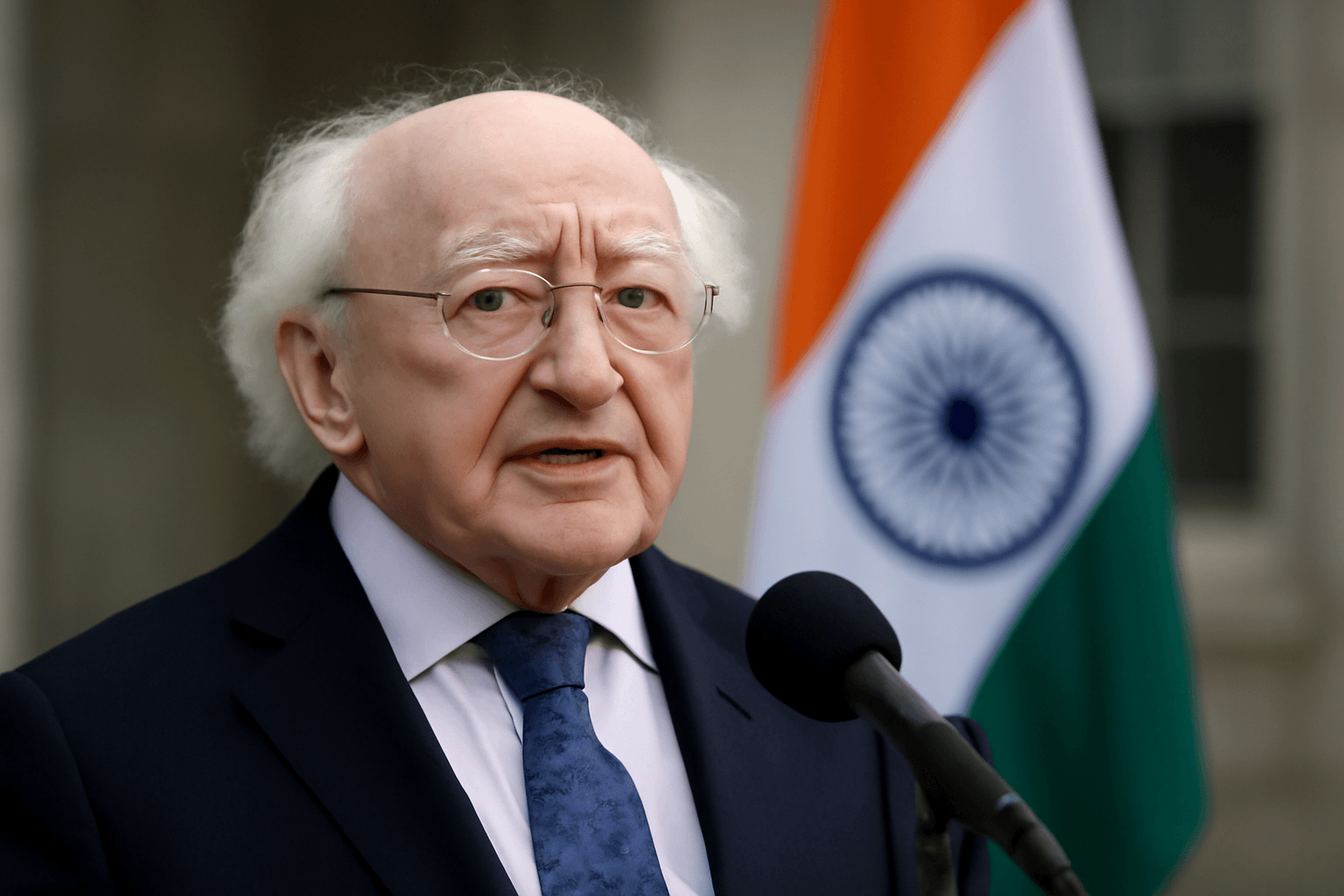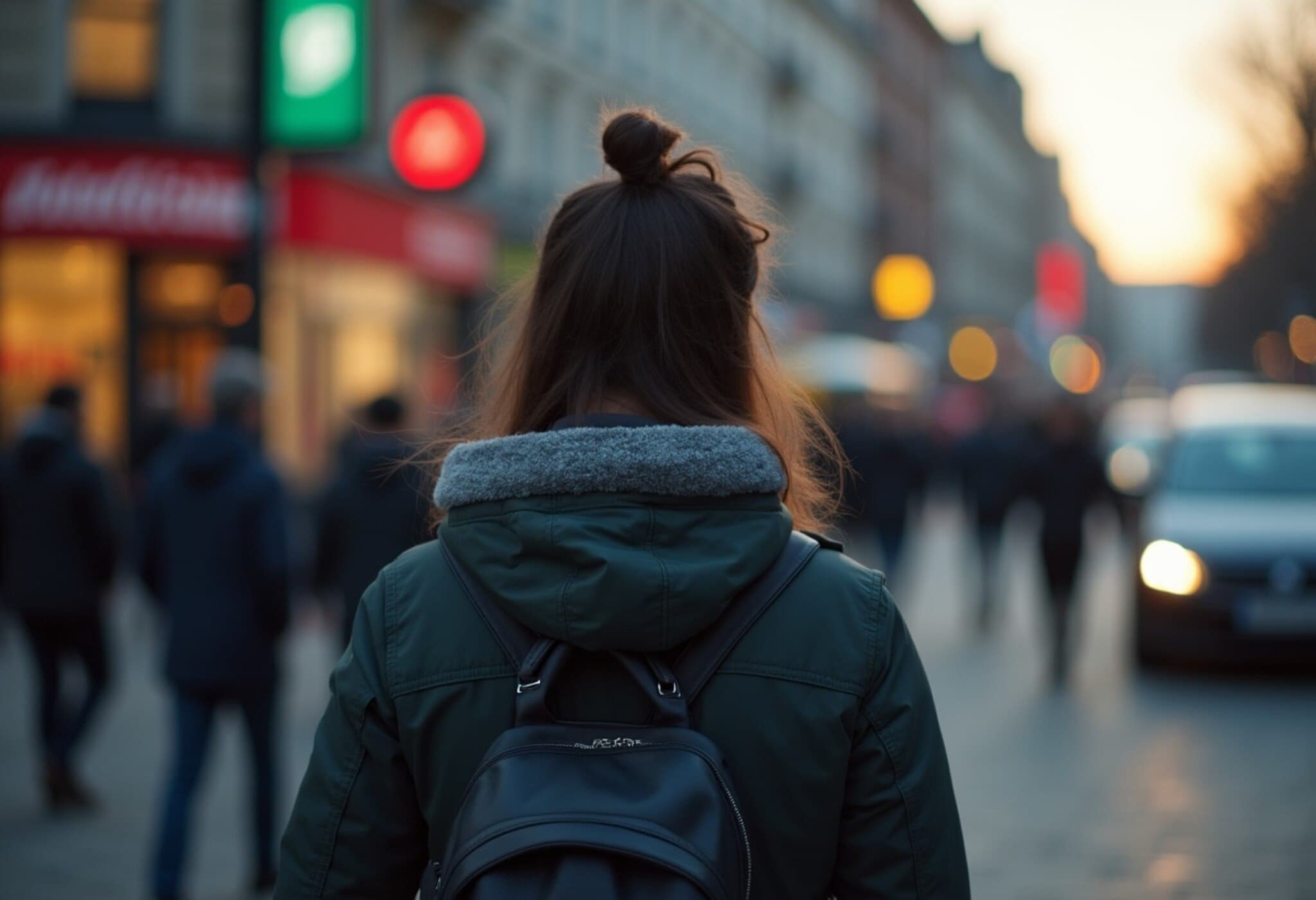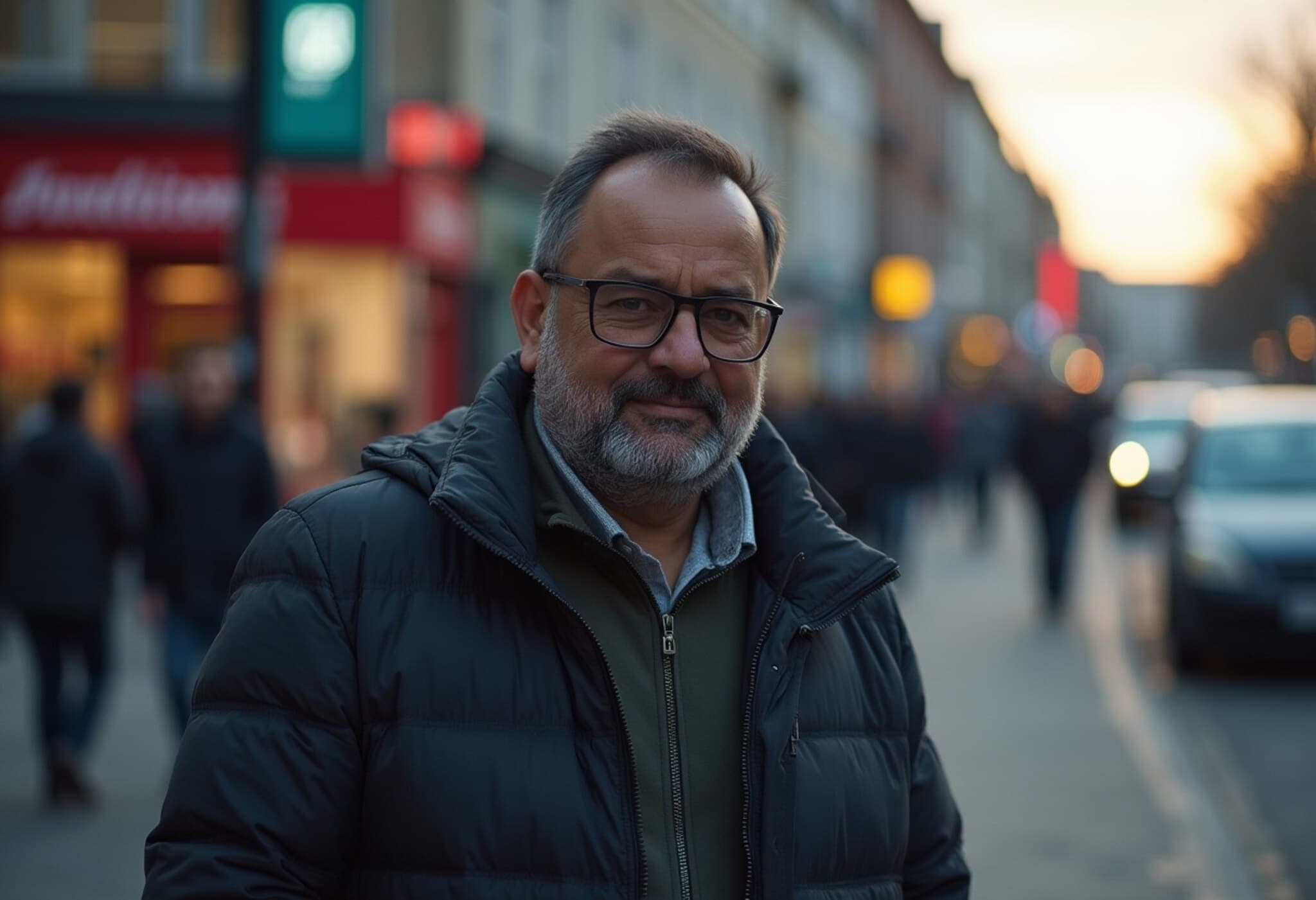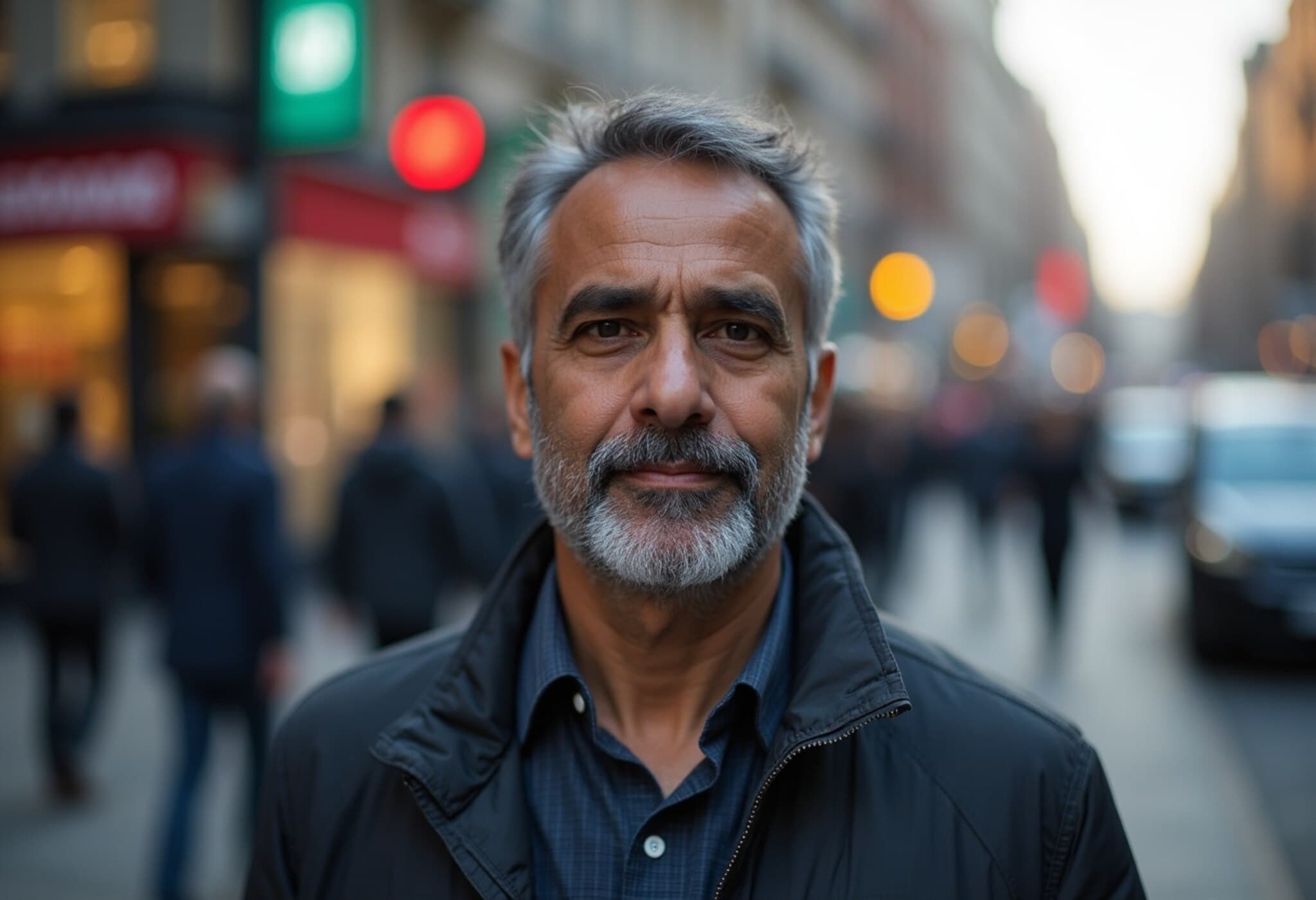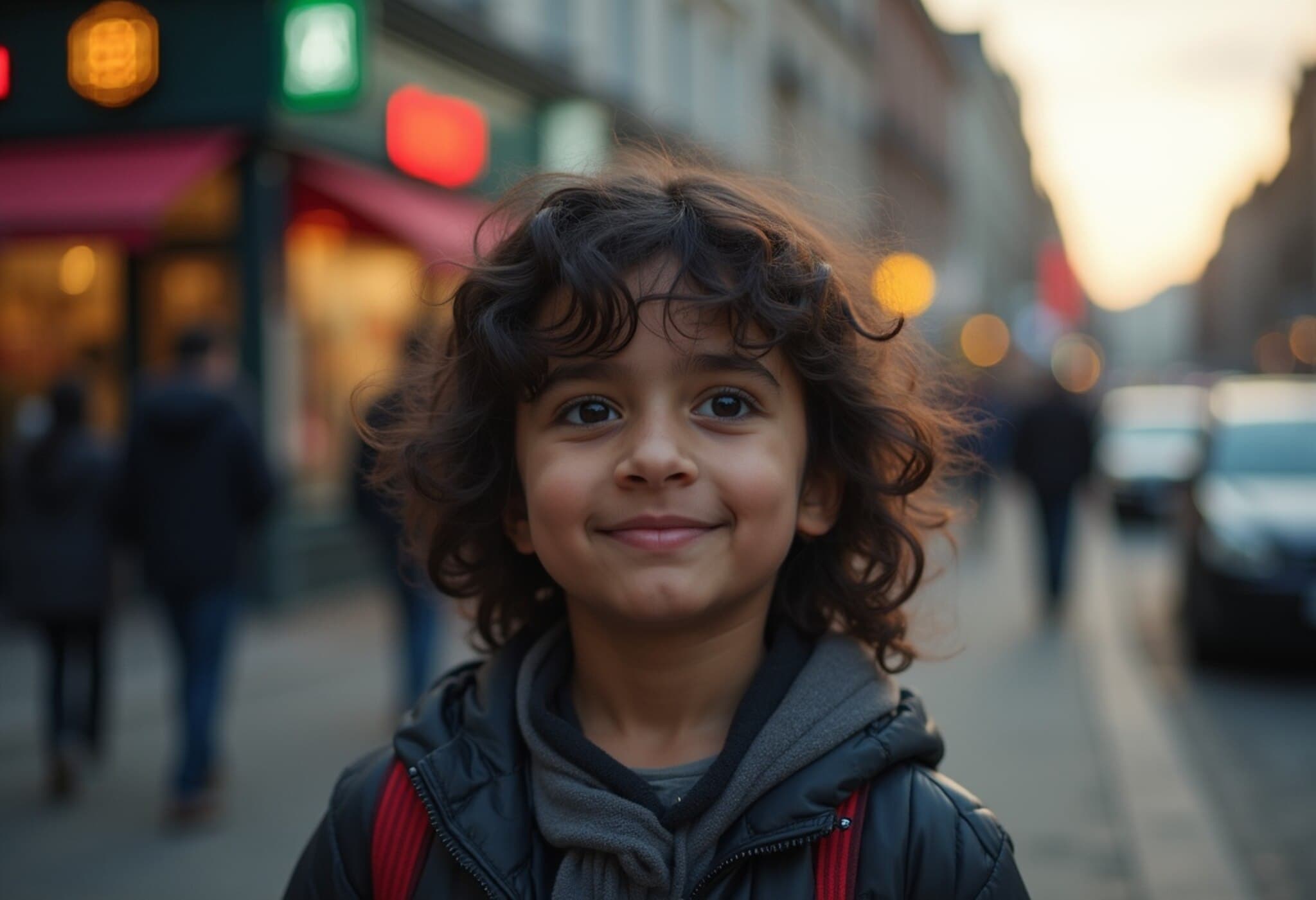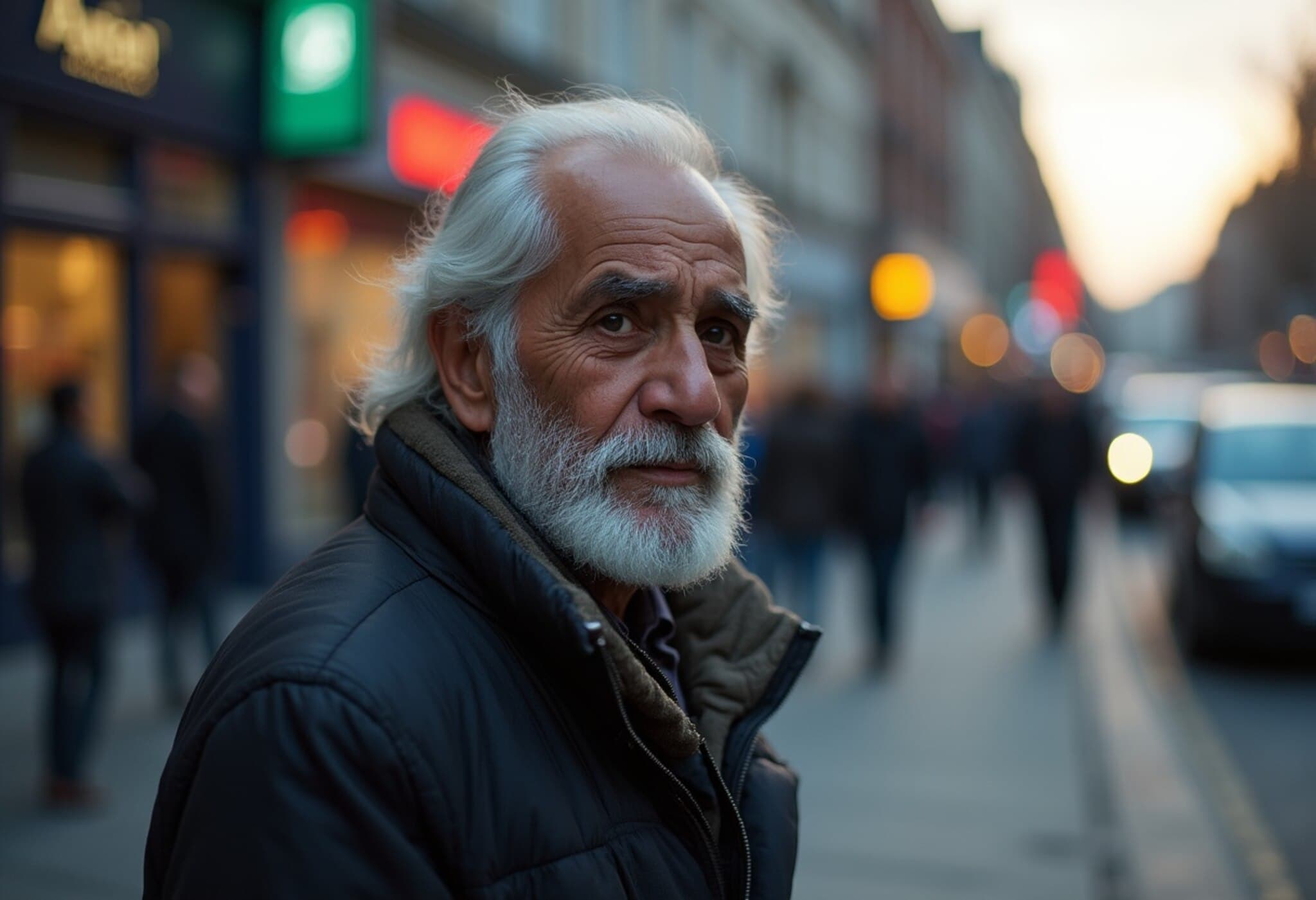Surge in Violent Attacks Against Indian Nationals in Dublin Raises Alarm
Amid growing concerns over public safety, the Indian Embassy in Dublin has issued an official advisory urging Indian citizens residing in Ireland to exercise heightened vigilance. This move follows a troubling wave of violent assaults targeting Indian nationals in the city, which has ignited protests and cast a shadow on the sense of security within the community.
Details of Recent Attacks and Embassy Response
In the span of a few weeks, multiple Indian individuals have suffered brutal attacks, some resulting in severe injuries. On July 19, a man in Tallaght was viciously assaulted by a group of ten teenagers; he sustained multiple stab wounds to the face and was left on the street with his clothing removed. Then, on July 24 near a tram stop in Dublin, another young man was attacked late at night, beaten, and stabbed with a screwdriver, requiring urgent medical care at Mater Misericordiae Hospital.
Perhaps most distressing was the July 28 attack on Dr. Santosh Yadav, a senior data scientist. Returning home from dinner, he was ambushed by six teenagers who relentlessly beat him, breaking his glasses and leaving him bleeding with fractured cheekbones. Dr. Yadav’s experience highlights the fear permeating Dublin's Indian community, confronting not just physical violence but a pervasive sense of danger.
Community Reaction and Governmental Silence
These incidents have galvanized the Indian diaspora and local allies to raise their voices. Three protests swept through Dublin last week, demanding justice and an end to racially motivated violence. Protesters emphasize the right to safety and dignity on public streets—a basic human right currently under threat.
Despite these public outcries, critics note a concerning lack of robust governmental response. While An Garda Síochána, the Irish police force, confirms ongoing investigations and professional handling of hate crimes, no suspects have been arrested in connection with the assaults. This absence of immediate action fuels anxiety among Indian expatriates, leading some to reconsider their long-term plans in Ireland.
Expert Insight: Broader Implications and Socioeconomic Context
These attacks come at a time when immigrant communities worldwide face increasing challenges amid rising xenophobia and racially charged tensions. Ireland’s growing Indian population, integral to sectors such as technology, healthcare, and academia, adds to the country’s socio-economic fabric. Violence targeting this demographic threatens not only individual safety but also disrupts Ireland’s cultural diversity and economic vibrancy.
Experts suggest that effective solutions require a multifaceted approach:
- Enhanced law enforcement strategies focused on hate crimes with community engagement.
- Public awareness campaigns to combat racism and promote inclusivity.
- Support systems for victims including counseling and legal assistance.
- Policy reviews ensuring stricter penalties for racially motivated violence.
Voices from the Community
S Aditya Mandal, an AI professional from West Bengal who has lived in Dublin for eight years, encapsulates the growing unease: "The lack of arrests despite serious injuries sends a chilling message. Families are scared, and many are questioning whether Ireland is still a safe place to call home." His sentiment resonates across social media and community forums, underscoring an urgent need for systemic change.
Looking Ahead: The Path Toward Safety and Acceptance
The increasing hate crimes against Indian nationals in Dublin demand not only immediate law enforcement attention but also long-term social and political commitment. This crisis calls on policymakers to protect vulnerable communities openly and transparently, reassuring all residents of Ireland of their right to safety and respect.
Editor's Note
The recent spike in racially motivated attacks against Indians in Dublin is a wake-up call for Irish society and governance alike. Beyond the immediate physical dangers, such violence chips away at community trust and social cohesion. As Ireland navigates its evolving identity amid globalization, ensuring the protection and inclusion of all minorities isn't just a policing issue—it’s a societal imperative. Readers are encouraged to reflect on the broader dynamics fueling such incidents and the shared responsibility in fostering truly inclusive communities.

